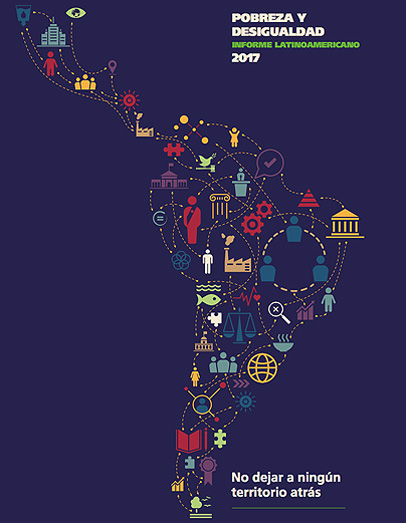Latin American Report on Poverty and Inequality 2017
In this fourth edition, the Latin American Report on Poverty and Inequality discusses territorial inequality from the perspective of the Sustainable Development Goals (SDGs), considering indicators at subnational level for some of these goals, and investigating the coordination of actors, a central aspect for the implementation of the 2030 Agenda to permeate all territories.
The Sustainable Development Goals are based on a holistic approach that seeks the integration of the three dimensions of development – economic, social and environmental – and the participation of all actors – public, private and civil society – at the micro, meso and macro levels, under the premise of leaving no one behind. The goals and targets of the 2030 Agenda are integrated, interrelated and indivisible, global in scope and universally applicable.
This integrated approach, underlying the 2030 Agenda, is one of the main challenges faced by Latin American states for its implementation, as it requires building institutional mechanisms that overcome the traditional logics of a compartmentalised organisation and coordinate diverse actors under a common vision. As the Annual Progress Report on the SDGs in Latin America and the Caribbean points out, ‘this process is not easy and requires the creation and progressive strengthening of mutual trust between actors who are not necessarily used to collaborating and who often have different visions of the world’ (ECLAC 2016: 45).
The challenge of coordinating is not a new issue for the region’s governments and represents an area of growing concern for international organisations, consistent with the 2030 Agenda’s invitation to take a comprehensive view of the SDGs
With this Latin American Report on Poverty and Inequality 2017, Rimisp joins this debate, stating that, from a territorial approach, coordinating between different levels of government and different actors is imperative. We have seen that inequality in Latin America has a different and additional territorial component in the inequalities that manifest themselves between individuals, households and groups, where rural territories have systematically been the furthest left behind in development dynamics. Decentralising the 2030 Agenda requires strengthening links between central government and subnational governments, as well as between the government and civil society and the private sector, so that the agenda is relevant and has the required scope for all territories in the region, regardless of the particular challenges that each of them face. In total adherence with the 2030 Agenda’s slogan ‘no one left behind’, we also affirm the need to ‘leave no territory behind’, which as we know is currently the case, when development dynamics leave some people with clear advantages and disadvantages.
Our offices:
- Chile: Huelén 10. Providencia, Santiago, Metropolitan Region. (+56-2) 2236 4557 | Fax (+56-2) 2236 4558.
- Ecuador: Czechoslovakia E9-95 between Switzerland and Moscow. Eveliza Plaza Building. First floor. Quito. (+593-2) 5150144.
- Colombia: Carrera 9 No 72-61 Office 303. Bogotá. (+57-1) 2073 850.

